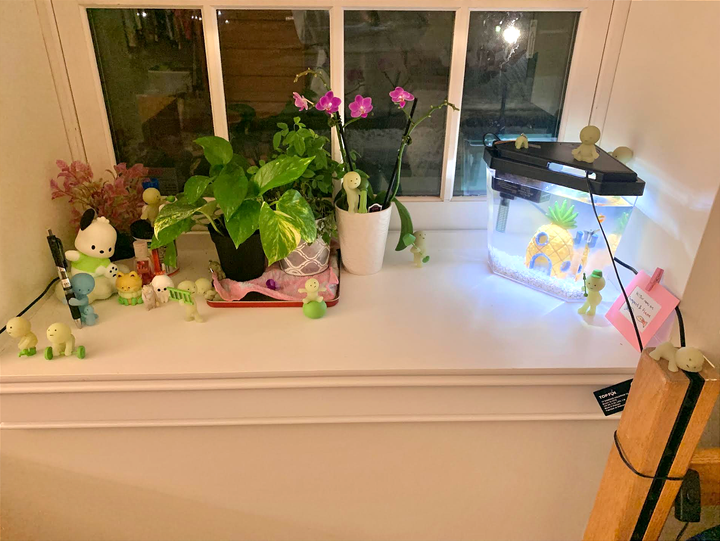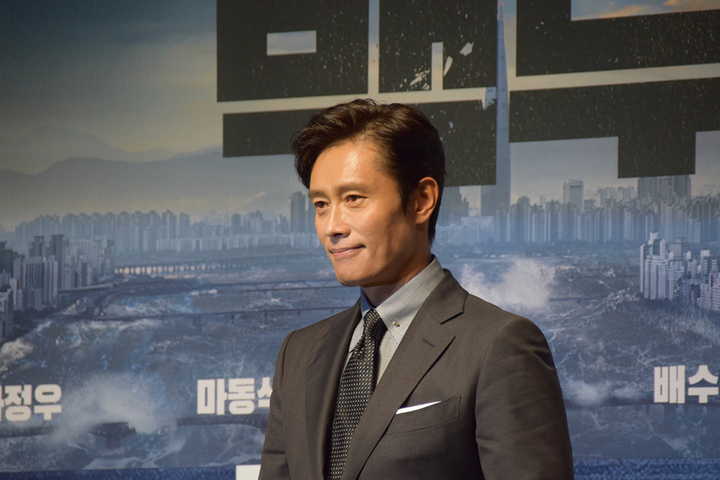Finding Significance in "Liberal Arts"

A common question that we all ask ourselves here at Amherst College deals with the purpose of a liberal arts education. Why liberal arts? Why are we here? We come to answer this question from a variety of perspectives as time goes by. Through our daily experience, we regularly redefine what it means to us. We redefine it after a very exciting class that we would have never taken if not for Amherst, after attending a poetry society meeting in the Mead Art Museum, or after cheering for our school during a game.
During the break, I was inspired to think about my definition of liberal arts after seeing the movie “Liberal Arts” at Amherst Cinema. Josh Radnor, the Ted Mosby of “How I Met Your Mother,” is the director of the movie. I have to confess, this was one of my favorite movies in many years. It is a movie that seems fairly simple on the outside but leaves one with hundreds of questions about what it means to be educated, to be a liberal arts student, to live, to love, to read literature, to listen to classical music and so on. In that sense, the strength of this movie lies in its simplicity. Radnor makes this movie so relatable and so familiar to everyone that it allows him to challenge his audience directly with very many essential questions.
The movie is about Jesse (Josh Radnor) who works at an admissions office at a university in New York. He goes back to his alma mater, Kenyon College, for the retirement event organized for his political science professor, Peter Hoberg (Richard Jenkins). Once at Kenyon, he starts falling in love with a college student named Zibby (Elizabeth Olsen), and their mutual love begins to inspire both of the characters to think about that basic questions stated above. Of course, whether the relationship between the characters could be called “love” is questionable, but this mutual affection is definitely the source of many discoveries both for Jesse, Zibby and the audience. Their mutual affection reaches a more complicated stage, as Jesse can’t bring himself to ignore the sixteen-year age difference.
The movie also explores a side story that is about the relationship between Jesse and Dean (John Magaro). They meet at the college café when Jesse realizes that Dean is reading David Foster Wallace’s “Infinite Jest,” which is Jesse’s favorite novel. Dean is going through a restless stage and is perplexed after seeing Jesse’s enthusiasm and excitement about being back at college. The interaction between the two English majors begins to inspire both to rethink their lives.
I don’t want to write a paper-like critique of this movie. Instead, I want to write about one specific plotline that made me think about the value of liberal arts. Jesse has a significant relationship with his English professor Judith Fairfield (Allison Janney), with whom he took a class on British Romantic Poets. Their interaction is a particularly powerful representation of the multifaceted nature of a liberal arts education. When Jesse runs into her, he is overly excited about seeing her again; he tells her that she was his favorite professor and praises her class. Fairfield replies with a very neutral response and seems indifferent to his enthusiasm. Later on, Jesse has an intimate experience with Fairfield and feels very strange about how his favorite college professor has grown to be so dispassionate about and detached from her scholarship. He challenges the professor and asks for a reason.
Jesse is even more disappointed after hearing his professor say, “My advice to you is — put some armor around that gooey little heart of yours.” Yet, he doesn’t yield. He confronts his professor and allows her to see certain things differently when he tells her that she was his favorite professor and that her class was what made him have such a “gooey little heart.” Jesse likes having this romanticized view of life and will not give it up. Throughout the movie, it seems like Jesse learns the dangers of having an overly romanticized view of life but he also doesn’t stop believing that one can actually find remedy in this literature.
One day when things go poorly and he feels like giving up, he will still go to the bookstore and buy the collected works of Lord Byron to believe in the greatness and wondrous nature of this life. He will still trust that the beauty and love described by the British romantic poets is out there and attainable. He will be able to connect more strongly, partly because of what his liberal arts education did to him. Similarly, Zibby will be able to continue seeking love and beauty even when nothing in her life is going right, simply because of the music survey class she took — a class, she says, that introduced her to a world of music that she would have never discovered otherwise. She is able to see beauty and rhythm while listening to Schubert, Beethoven and other composers thanks to that music course.
This is exactly why it matters to have a liberal arts education over an education where you are forced to take courses only about your own subject field and a couple electives from other departments. At a liberal arts college, you risk things, you find yourself sitting in the strangest classes and by the end of the semester you become a different person. Your view about the outside world changes and your vision about who you are changes; it is truly unbelievable how liberal arts can do this to you.
I, for instance, experienced this in my Strange Russian Writers class this semester. I would have never imagined sitting in a Russian class before coming to Amherst. I went for it and now my whole vision about what literature is and does has drastically changed. Although it has only been a month or so, I feel like I have “discovered” a whole new world. Every story I read for this class hits me with a bat. After reading them, I am lost, I am confused and I discover a new person in that confusion. The peculiarity and uniqueness of this literature makes me want to read more, know more and that is magical.
That’s why Jesse’s slightly sarcastic and greatly reassuring comment to Zibby, “A liberal education solves all of your problems,” is actually true. That is not to say liberal arts offers you a life without any problems but it does create the type of people that instinctively use it to solve their problems. This solution can be spiritual as well, where a student finds beauty in a Byron poem, another student finds comfort in a Schubert song and yet another student from the Russian Writers class feels a connection to Akaky Akakievich from Gogol’s “The Overcoat.”
I heartily recommend seeing this movie, mainly because it is so relevant to what we are doing here at Amherst. ”Liberal Arts” is a very important source of inspiration to help us better understand and appreciate the constantly evolving definition of our own liberal arts.




Comments ()